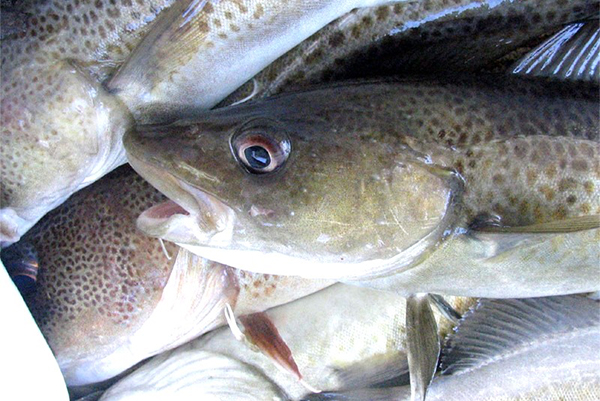
Fisheries
Canada lifts 30-year cod fishing ban off Newfoundland and Labrador to mixed reactions
Canada has lifted a 30-year fishing ban on Northern cod in Atlantic Canada, aiming to rebuild the fishery amid concerns about cod recovery.
Health & Welfare
Solving the mechanisms of environmental virulence regulation can help develop targeted interventions to mitigate A. hydrophila infections.

Fisheries
Canada has lifted a 30-year fishing ban on Northern cod in Atlantic Canada, aiming to rebuild the fishery amid concerns about cod recovery.
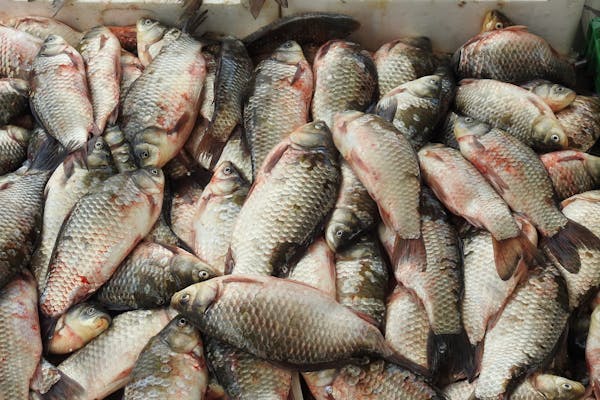
Fisheries
Progress in sustainable seafood production is notable but uneven, according to the latest Sustainable Fisheries Partnership report.
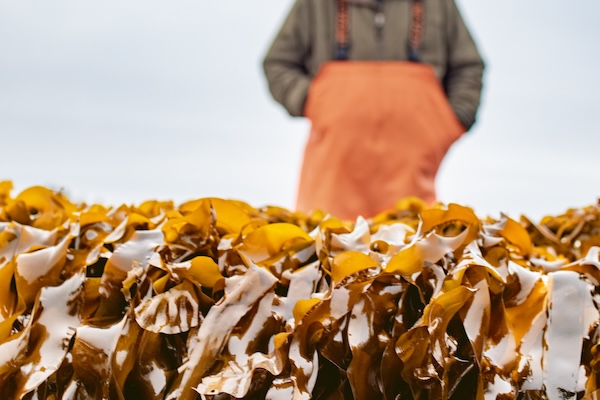
Intelligence
Atlantic Sea Farms harvests a record 1.3 million pounds of farmed seaweed in 2024, experiencing "tremendous expansion."
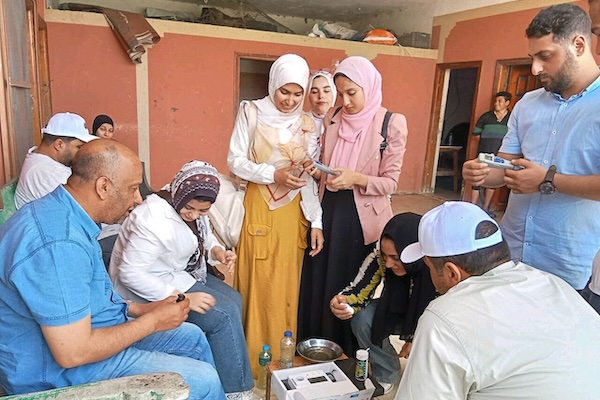
Health & Welfare
More than 120 Egyptian aquaculture workers have completed specialized training to enhance tilapia welfare and fish productivity.
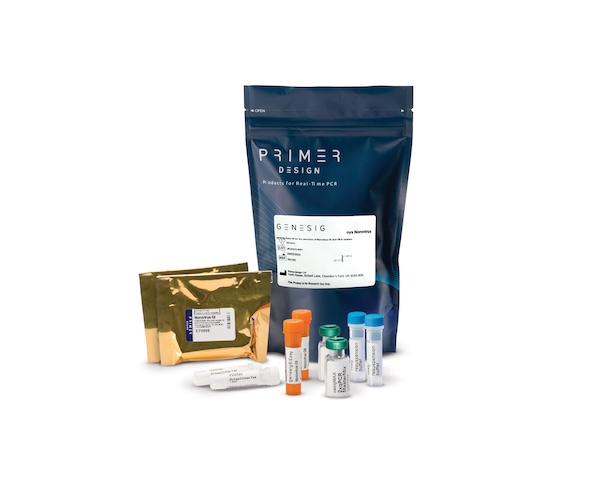
Health & Welfare
New Norovirus detection kit for oysters promises rapid, accurate testing to enhance food safety and mitigate risks for shellfish farmers.
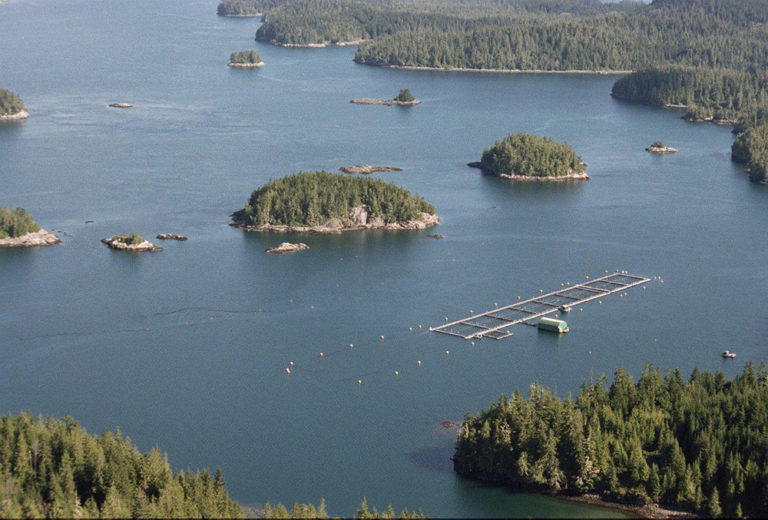
Intelligence
The aquaculture industry reacts to the Canadian government's "short-sighted" decision to close open-net pen BC salmon farms in 2029.
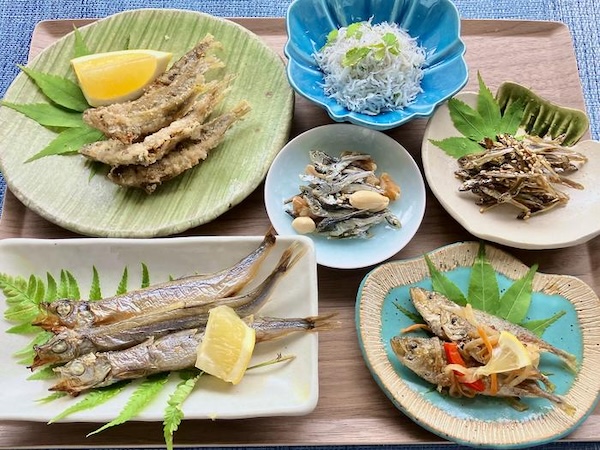
Intelligence
Study finds that regularly eating small fish whole significantly reduces the risk of death from all causes and cancer in Japanese women.
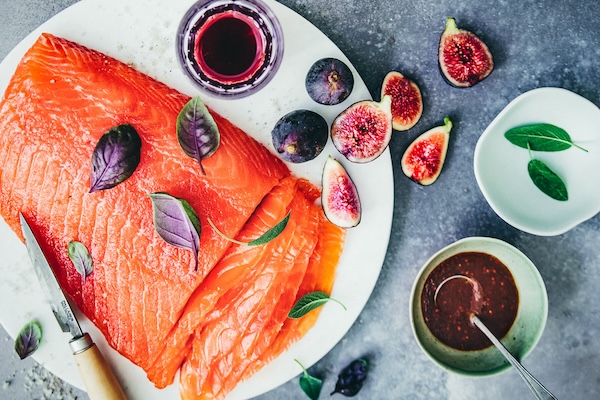
Intelligence
Scottish salmon exports have surged to $819 million in the past year, reaching a five-year high as international demand grows.
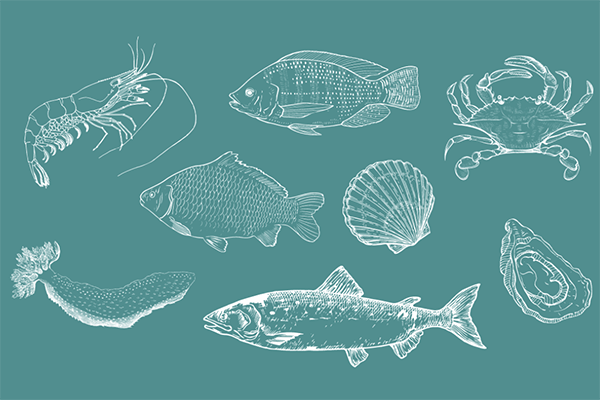
Innovation & Investment
The World Bank has released a guide designed to boost investment in sustainable aquaculture, the world’s fastest-growing food sector.
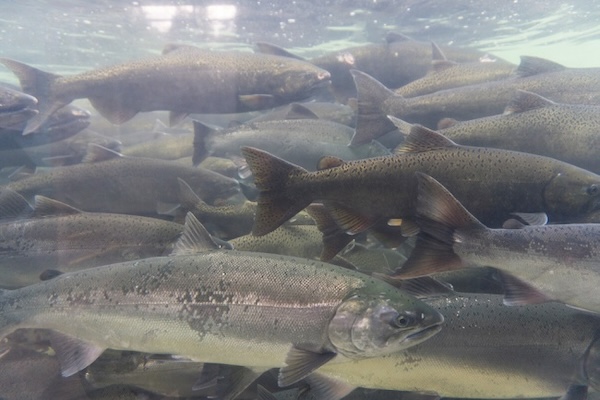
Intelligence
The University of Glasgow has received £3 million in funding for farmed salmon health and seaweed aquaculture research.
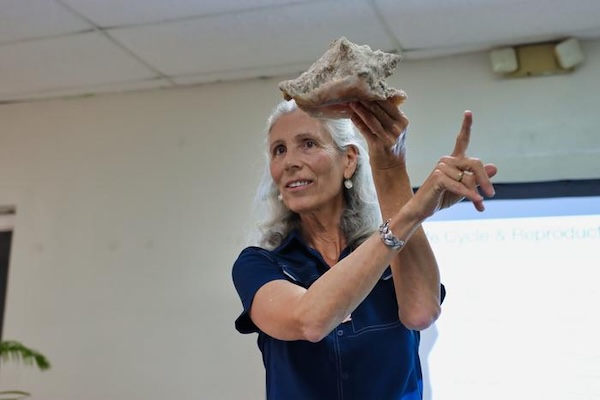
Intelligence
A free online training program, eConch, helps Caribbean communities learn to conserve and culture the endangered queen conch.
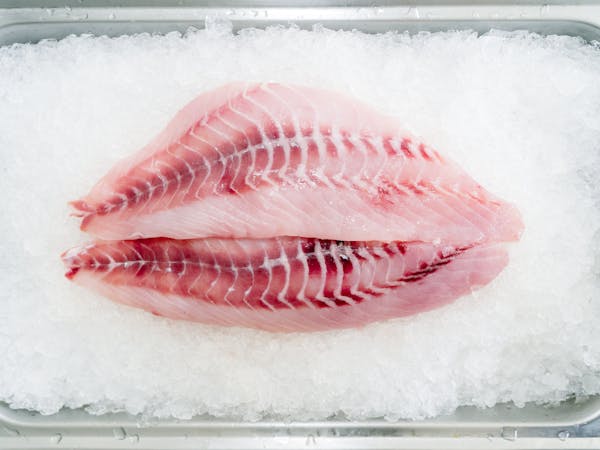
Intelligence
A new study outlines innovative seafood preservation methods that could reduce food waste and costs in the seafood processing industry.
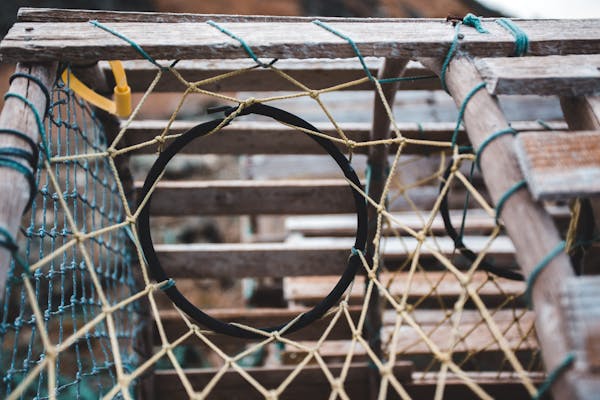
Fisheries
Collected data will be used to assess if stocks in Gaspé can support more commercial lobster fishing while ensuring conservation.
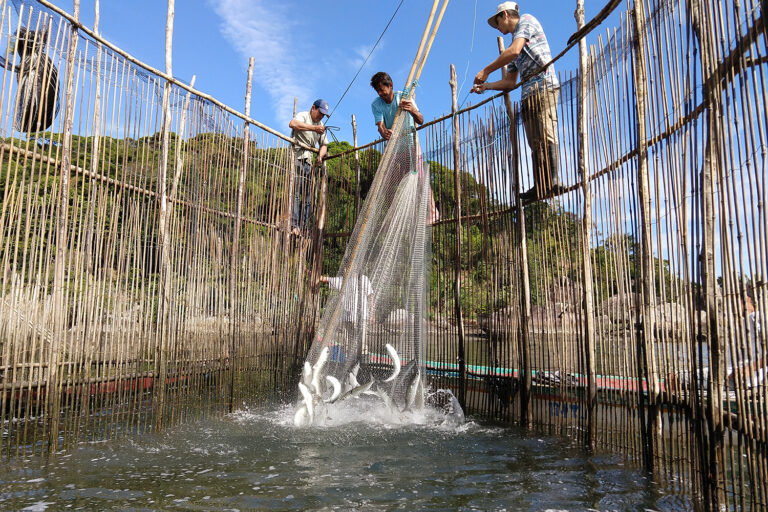
Intelligence
Biennial FAO report, The State of World Fisheries and Aquaculture 2024, says aquaculture production exceeded fisheries for the first time in 2022.
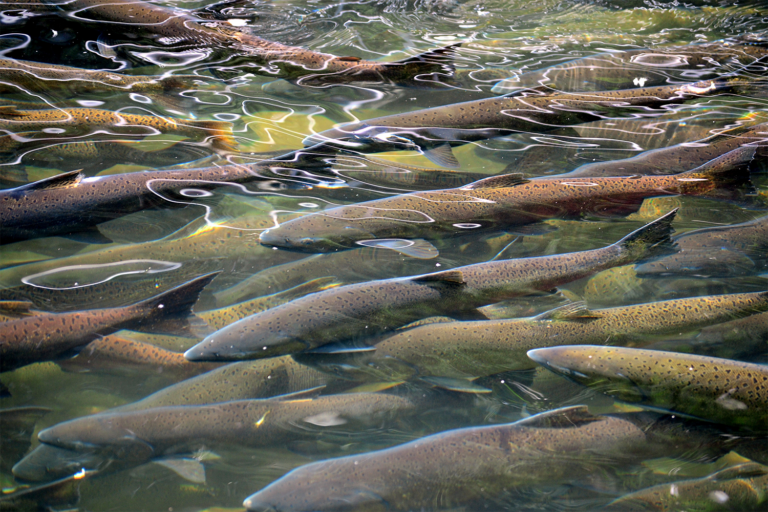
Fisheries
Ocean warming is increasing Pacific salmon in the Canadian Arctic, indicating that climate change is expanding their habitat.